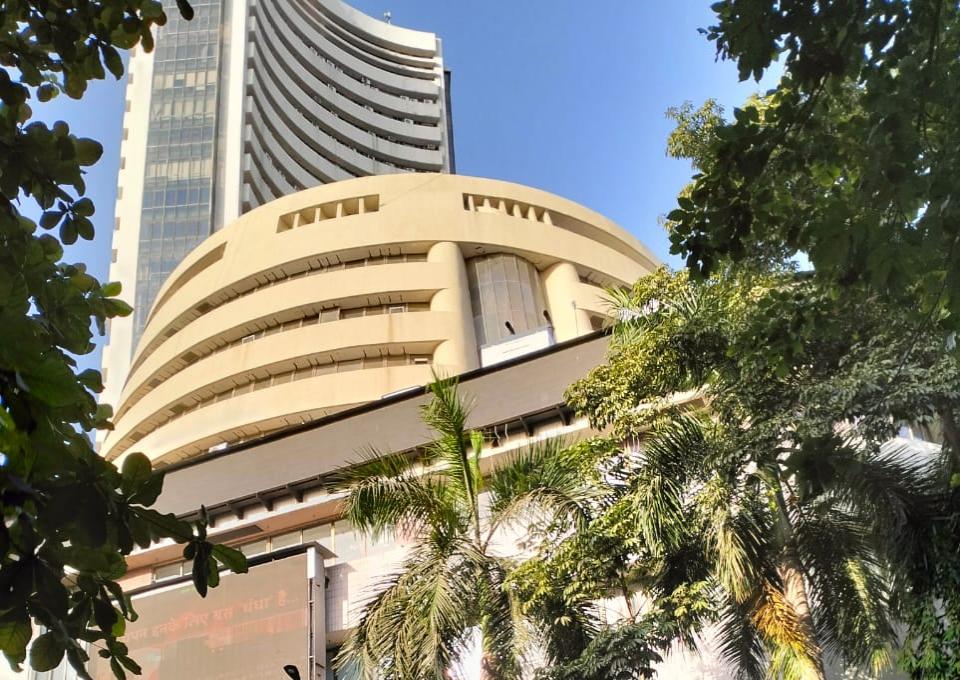
Brokerages have turned cautious on BSE as the upcoming shift in expiry dates for Sensex weekly contracts triggers concerns over market share and earnings. Both Motilal Oswal and Goldman Sachs have downgraded BSE to a neutral rating, revising their target prices downward due to anticipated operational headwinds.
Motilal Oswal revised its target price to ₹2,300 while Goldman Sachs cut its target to ₹2,430. The primary concern stems from BSE's decision to shift the expiry of Sensex weekly contracts from Tuesday to Thursday starting September 1, 2025. This change is expected to impact BSE's market share and profitability in the coming quarters.
According to Motilal Oswal, the expiry shift is likely to reduce BSE's market share in premium turnover, which was at 22.6% in May 2025. Currently, each trading day contributes around 18% to 22% of the week's total premium volume. BSE presently holds a market share of 8% on Wednesdays and Thursdays, while Fridays, Mondays, and Tuesdays see a share of 21%, 24%, and 38%, respectively. The shift in expiry could therefore result in a market share loss of approximately 350 to 400 basis points based on current day-wise volume trends.
In addition, Motilal Oswal has reduced its premium average daily turnover (ADTO) estimates for FY26 and FY27. The new estimates stand at ₹137 billion and ₹157 billion respectively, down from the previous projections of ₹155 billion for FY26 and ₹190 billion for FY27. This has led to a downward revision in earnings estimates as well, with FY26 and FY27 earnings cut by 9% and 12% respectively. Despite these challenges, it is noted that the stock trades at a FY27E price-to-earnings ratio of 53x, which remains significantly above its historical average as well as that of global peers.
Goldman Sachs shares a similar cautious tone. The firm believes that the move to Thursday expiry could lead to a 3 percentage point reduction in BSE's market share. Furthermore, this expiry shift poses an 8% downside risk to BSE’s earnings per share. Goldman Sachs also highlighted that BSE’s index options market share has risen significantly over the past two years from near zero to 23-24%. However, this growth has stagnated in recent months, raising additional concerns about BSE's ability to sustain growth momentum in a highly competitive market.
While brokerages have flagged near-term risks, BSE has been a massive wealth creator for many investors over the last few years. Due to its monopoly-like position in India’s stock exchange business, where NSE remains unlisted, BSE has been able to attract strong investor interest. In the past one year alone, BSE shares have delivered over 200% returns.
Even more impressive is its performance over the longer term — in the past five years, BSE stock has surged more than 5000%, making it one of the best performing stocks in India during this period. The limited competition in the listed space has allowed BSE to capitalize on growing market participation and new product launches, further fueling its strong rally.
Overall, while BSE has shown remarkable growth in the index options segment over the past two years, the shift in weekly contract expiries and resulting potential loss in market share are weighing heavily on future earnings prospects. Both brokerages have signaled that investors should brace for near-term challenges as the exchange navigates these upcoming structural changes.
Disclaimer:
The information provided in this article is for informational purposes only and should not be considered as investment advice. Stock market investments are subject to market risks. Readers are advised to conduct their own research or consult a financial advisor before making any investment decisions. The author or the website shall not be held responsible for any financial losses incurred.




